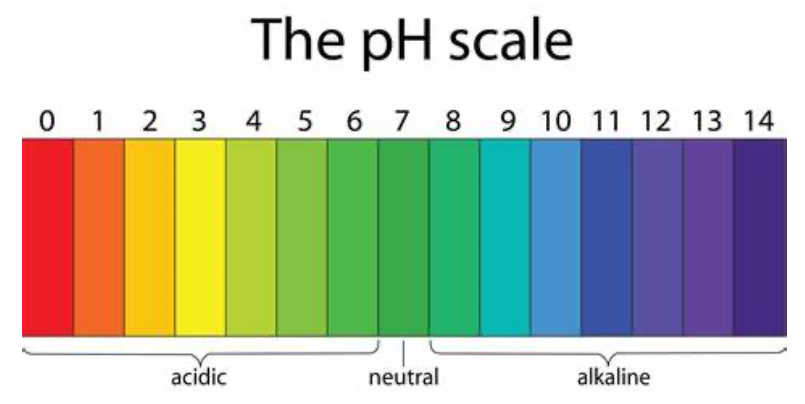Dissolving Uric Acid Stones using Potassium Citrate
You have been told you are likely to have uric acid stones, these are the only stones which may be dissolved by changing the pH of urine.
On this page
The pH of urine refers to how acidic or alkaline it is. The lower the pH = more acidic. The higher the pH = more alkaline.
Uric acid stones form when the pH of urine is repeatedly 5 to 5.5 which is common in patients with gout. Normally the pH of urine is 6 to 7.5. Getting the urine pH close to neutral can help to dissolve uric acid stones and reduces the chance of forming new stones.
Potassium citrate works by increasing the urinary pH, making it less acidic and more alkaline.
The aim is to keep your urine pH between 6.5 and 7.
Repeated urinary pHs of 7.5 and higher will cause a different type of stone to form – this must be avoided.
How to adjust the pH of your urine
You will need urine pH test strips. These can be purchased from online vendors, such as Amazon.
- Take 10mls of potassium citrate, diluted well with water, 3 times a day. If possible, take 1 dose at bedtime so it is in your urine while you sleep.
- Measure the pH of your urine with a dipstick on day 3. Take 3 measurements at different times of the day.
- If the pH is mostly under 6, continue with 10mls, 3 times a day then check again on day 6. Do not increase the dose of potassium citrate, as this is already the maximum allowed.
- If the pH is mostly 7.5 or over, decrease the dose to 10mls potassium citrate twice daily.
- Continue to measure the pH every 3 days until stable (mostly 6.5 to 7). Once stable, weekly measurements should be taken.
- If the pH remains under 6 when taking 10mls potassium citrate, 3 times daily, even on day 6, do not increase the dose. If you develop sickness or a stomach upset, stop taking the potassium citrate. If you experience either of these symptoms, please contact the Urology secretaries on 0300 422 6902 (select Option 1) for advice. Your medication may need to be changed to sodium bicarbonate.
